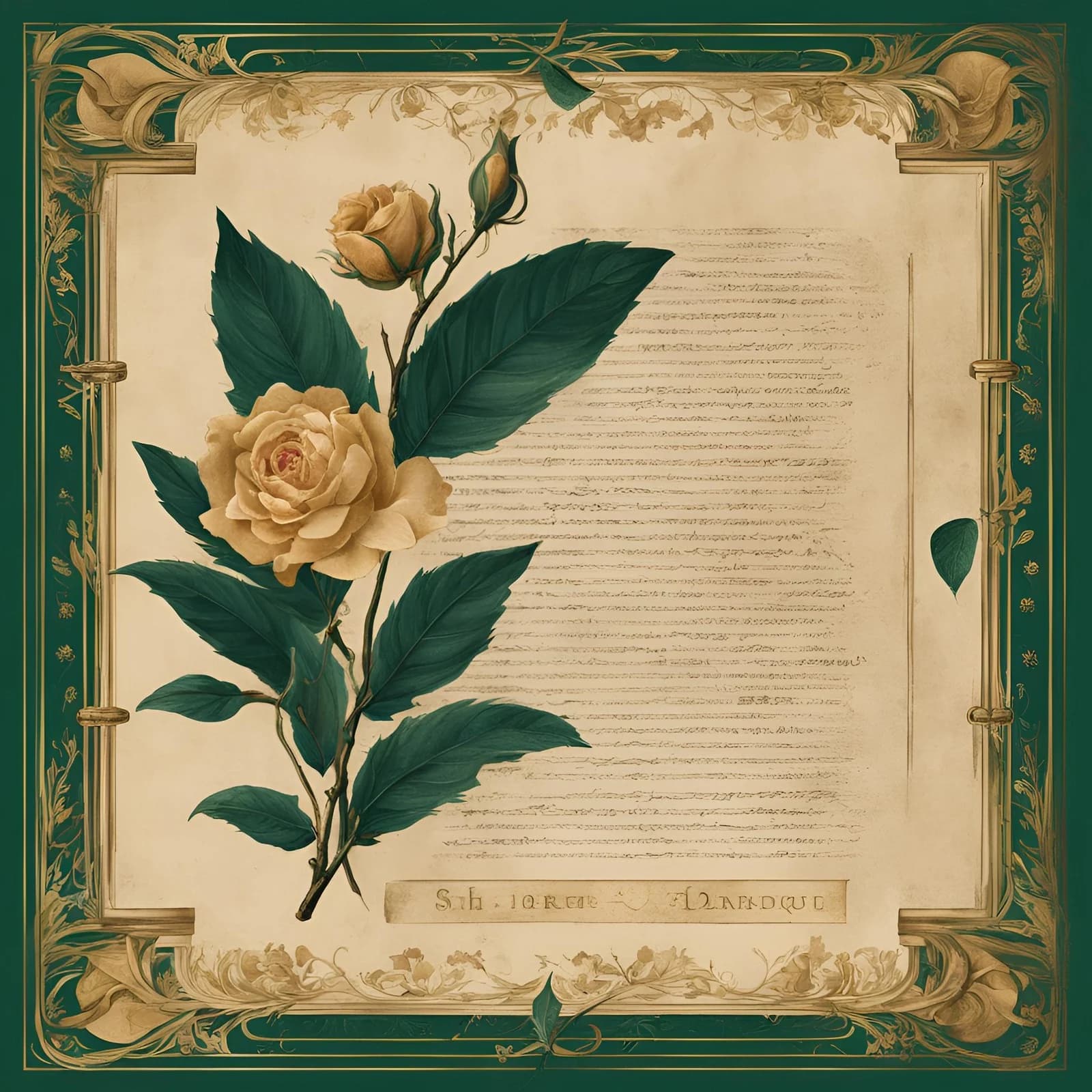莎士比亚十四行诗第129首 | 莎士比亚十四行诗
更新时间:1/19/2025, 12:32:33 PM

原文
Th’ expense of spirit in a waste of shame Is lust in action; and, till action, lust Is perjured, murd’rous, bloody, full of blame, Savage, extreme, rude, cruel, not to trust; Enjoyed no sooner but despised straight; Past reason hunted, and no sooner had, Past reason hated as a swallowed bait On purpose laid to make the taker mad; Made in pursuit, and in possession so; Had, having, and in quest to have, extreme; A bliss in proof, and proved, a very woe, Before, a joy proposed; behind, a dream. All this the world well knows, yet none knows well To shun the heaven that leads men to this hell.
译文
生气丧失在带来耻辱的消耗里,
是情欲在行动;情欲还没成行动
已成过失,阴谋,罪恶,和杀机,
变得野蛮,狂暴,残忍,没信用;
刚尝到欢乐,立刻就觉得可鄙;
冲破理智去追求;到了手又马上
抛开理智而厌恶,像吞下诱饵,
放诱饵,是为了使上钩者疯狂:
疯狂于追求,进而疯狂于占有;
占有了,占有着,还要,绝不放松;
品尝甜头,尝过了,原来是苦头;
事前,图个欢喜;过后,一场梦:
这,大家全明白,可没人懂怎样
去躲开这座引人入地狱的天堂。
注释
这是一首强有力的十四行诗。似乎是独立存在的,至少看不出它与前后诗作有什么明显的联系。其实它与其他诗作有深刻的内在联系。诗人在这里分析了贪欲者们,并对他们提出警告。此诗是对耽于肉欲者的指斥,但不仅仅是。细看诗的内容,可以体会到,莎士比亚的矛头指向的是一切情欲、财欲、名欲、权欲的贪求者,因此也是指向更为深广的社会现象。最后两行以精警的笔墨,深刻揭示了人类的某种普遍弱点,使人感到惊心动魄。这首诗由于它的振聋发聩的作用,在莎士比亚全部十四行诗中占有特殊的地位。